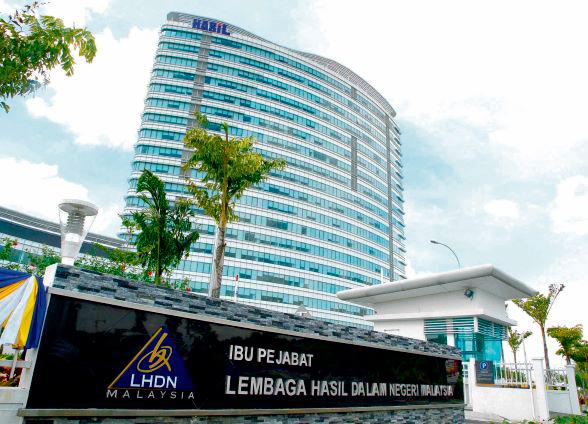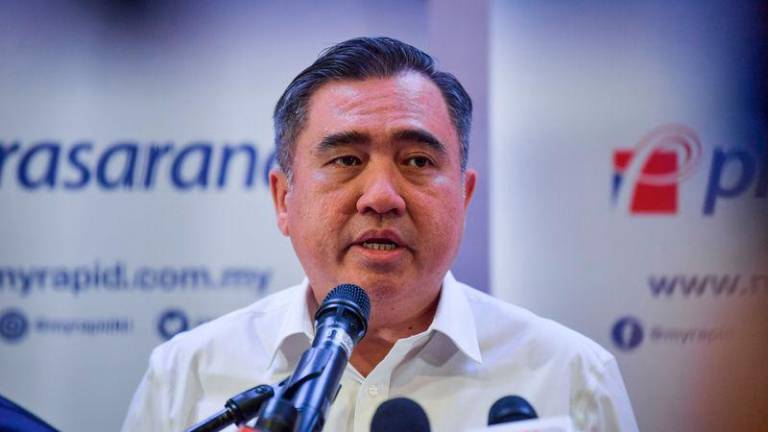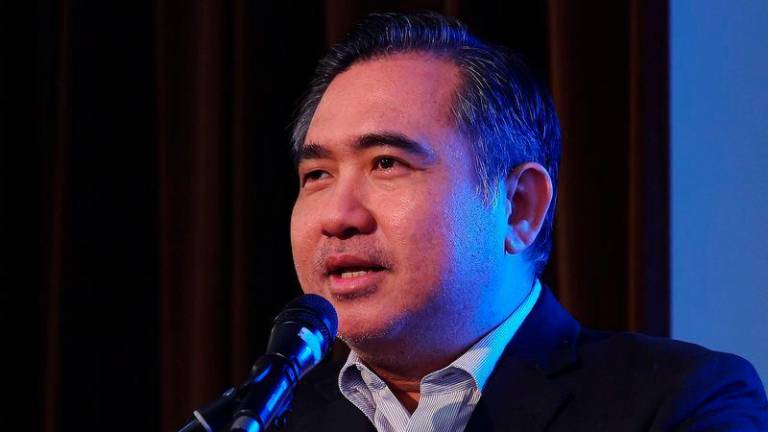PETALING JAYA: The government’s decision to reduce the income tax for the M40 group will benefit them by increasing their spending power and savings, said RW William auditor Richard William, who added that while the 2% tax reduction is good news, beneficiaries must be careful on how they utilise the windfall.
He said although a person earning up to RM100,000 a year might now have more money in the pocket, one must be careful about how it is spent.
“The idea of a tax reduction is to allow people to spend their excess funds, which will have an impact on the economy. The government is hoping the (tax) reduction will result in more consumer spending.
“The more people spend, the more resilient the economy becomes. This will in turn benefit the government as companies will pay higher taxes based on higher profits.”
Richard said it would be a good idea for people to put away some of their tax savings for a rainy day or to top up their depleted savings as the Covid-19 pandemic has hit many people’s pockets.
“Going out and spending money on unnecessary items is not a very good idea. Using the additional funds for personal benefit would be better.”
Prime Minister Datuk Seri Anwar Ibrahim said on Friday when announcing Budget 2023 that the individual income tax rate for Malaysian residents will be reduced by 2% for income bands of over RM35,000 to RM100,000 this year.
He said the reduction is expected to provide around 2.4 million taxpayers with added disposable income, which will benefit the M40 group.
While this group will benefit from a reduced income tax rate, the government will raise the tax rate for the high-income group by 0.5 to 2% for tax bands of over RM100,000 to RM1 million.
TraTax tax adviser and partner Thenesh Kannaa said as with most countries, Malaysia imposes income tax on resident individuals based on progressive tax rates from zero to 30%.
“Based on the current tax rate structure, one starts paying income tax only if the average monthly income is more than RM3,450.
“The Budget tabled on Friday proposes to reduce the tax rate for three income bands up to RM100,000 of chargeable income.”
He said as a result, an individual with an average monthly income of RM5,000 would save approximately RM320 in annual taxes, which amounts to 17% of the total tax payable by the individual.
Similarly, he said a person who earns RM10,000 as average monthly income would save RM1,190 in annual tax payable, which is 9% of tax payable by such individuals.
Thenesh said for salaried individuals, the reductions would mean lower tax deductions in the monthly payslips and hence higher disposable income.
“However, employers are likely to wait until the Budget proposals are enacted into law before adjusting the payroll systems to reflect the tax rate reductions, effective for the current year.
“It has also been proposed that the tax rate for four chargeable income bands of over RM100,000 be increased by 0.5% to 2%. According to the Budget announcement, the increase is expected to affect only a small group of taxpayers, not exceeding 150,000 individuals in total.”
He said based on his calculations, the tax rate increase would only affect individuals with income above RM20,000 per month on average.
Thenesh also said the proposed changes to the tax rates suggest the government appreciates the role of taxation in wealth redistribution.
He added that the same message is also observed in the proposal to introduce a luxury goods tax instead of the Goods and Services Tax.
He said the intention behind the tax rate reduction is to provide a higher disposable income to meet the rising cost of living.
The maximum savings from the initiative is RM1,300 per annum, which is RM108 per month.











